Having been born in *checks notes* 1991, gaming has always been a part of my reality. There was a Nintendo Entertainment System in the house before I ever was, and my parents had already established themselves as gamers by the time I came along. Uniquely positioned as a member of one of the earliest generations to have modern video games already existing in their life, perhaps it was my destiny to one day wield the controller myself. And while I was content to run around, watch cartoons, and otherwise be a stereotypical 90s child starting out, everything would change in 1999. That was the year the PlayStation entered our household - won in a raffle by my mother at work - and with it, the RPG Lunar: Silver Star Story Complete.
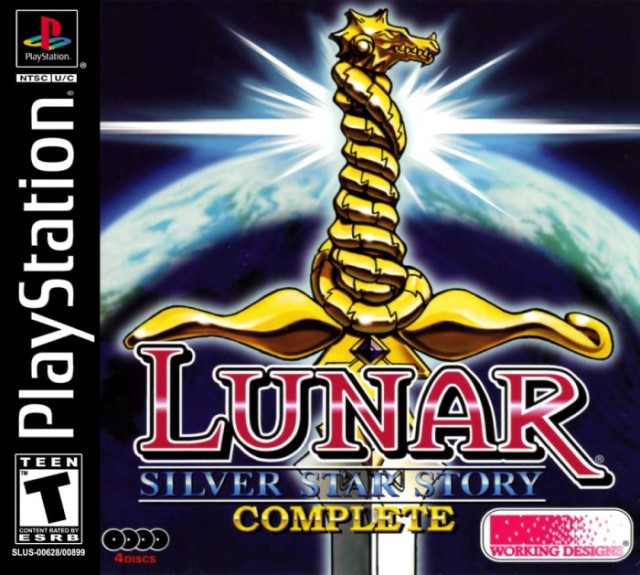
Lunar: A History
Buckle up, 'cause this can get confusing. Lunar: Silver Star Story Complete is actually a remake of Lunar: The Silver Star, a 1993 game produced for the Sega/Mega-CD. Taking advantage of the advanced CD-ROM technology versus older consoles, The Silver Star had full motion video cutscenes as well as voice acting for the main characters, a feature ahead of its time in the JRPG space. It even had a main protagonist playing an ocarina before they were cool (look it up!). Despite releasing on a system that ultimately failed, the game itself was successful enough to warrant the remake, which released first for the Sega Saturn and again on the first PlayStation. The Complete version would have an expanded group of main characters (with even more voice acting), enhanced audio with a remade soundtrack, and some tweaks to the story to provide greater detail to the world and further develop some of the cast. It was also known for its lavish packaging, coming with an additional soundtrack CD, a "Making of" CD, a hardbound instruction manual (remember those?), and a cloth map of the overworld; all yours for the price of $60 at the time.
Lunar would eventually be remade again for the GameBoy Advance as Lunar Legend in 2002, and a third time in 2009 for the PlayStation Portable (PSP) as Lunar: Silver Star Harmony. Harmony would bring the world into the realm of 3D graphics, as well as include a prologue chapter to further explain and enrich the story. It didn't do so well in the sales department, though, otherwise this train of remakes and remasters might have continued on for all time, like what they've done to The Elder Scrolls V: Skyrim.
Got all that? Good; now ignore it, because we're only talking about the version I actually played.
The Story So Far
- Nash, a mage of electricity and status effects who's at the top of his class. He's out to prove himself worthy of Mia's affections, but a lot of his attitude is bluster.
- Mia, a student of ice and fire and daughter of one of the Four Heroes. She lacks confidence in herself, worried she won't live up to her mother's greatness.
- Jessica, cleric of Althena and capable healer. She is the daughter of "Hell" Mel, who was also one of the Four Heroes of old. She is a courageous tomboy, but don't make her angry!
- Kyle, a narcissist and on-again-off-again boyfriend of Jessica. A very capable sword-fighter, but seems oblivious to what effect his ladies' man persona has on Jessica.
Over the course of the story, we learn that Luna is the mortal reincarnation of the Goddess Althena: deciding that humanity was too dependent on her to grow and develop as a people, Althena cast aside her status as a deity to let the world govern itself. This directly leads Ghaleon, a powerful sorcerer and one of the Four Heroes of legend, to seize Luna and seek godhood himself - if Althena would abandon them, he reasoned, then it was up to him to step up and take charge. Alex would then need to prove himself a worthy successor to Dyne (the fourth member of the Four Heroes), seeking out the dragons to become Dragonmaster and stop Ghaleon's dark machinations.
The entire main cast is full of charisma: the voice actors put a lot of effort into making them sympathetic and entertaining. This included Ghaleon, whose motivations were changed from the original version's revenge plot to a misguided but perhaps well-intentioned attempt to fill the leadership-vacuum from Althena's disappearance. Ghaleon's voice actor really chews up the scenes, adding weight to every moment and making them that much more memorable.
A JRPG of All Time
If I were to be honest with myself, take off the nostalgia glasses for a moment and boil Lunar down to its base elements, it is a rather standard-sounding RPG:
- You're a boy on a quest to save your girl from a villain dreaming of becoming a god.
- You encounter a variety of allies and ne'er-do-wells along the way, who either help or hinder your quest.
- You engage monsters in the 2D world which you then defeat in turn-based battles.
- You gain experience from beating said enemies, from which you level up and gain new abilities.
And in many ways, Lunar is unfortunately a purveyor of tired mechanics and story clichés. Of course, the details matter, and the game took great pains to make sure the extra attention helped it stand out from the crowd. Lunar's combat required you to choose your entire party's actions in advance, requiring planning and strategy. It also incorporated range, wherein you needed to take into account the distance to reach enemies or how grouped up they were for area attacks. This applied to you, as well, so proper spacing was important to lessen damage!
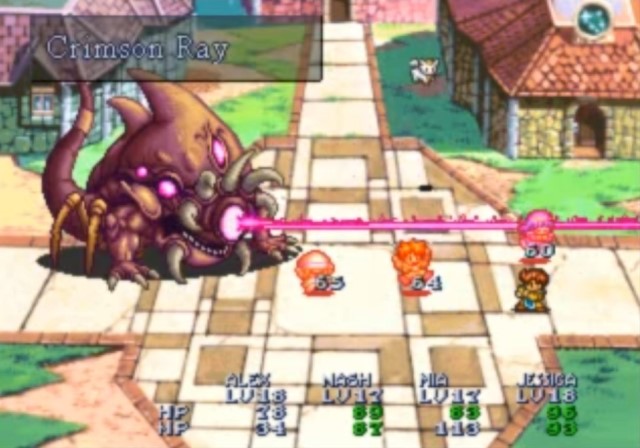
Ah, the Vile Crustacean. "Let's fill your party with mages, then make a boss nearly-immune to magic!" Genius.
Beyond the gameplay itself, there was plenty to like in the presentation of the game. The full motion video cutscenes blended a traditional animation style with computer animation to heighten dramatic moments. Voice acting for the main cast brought these individuals to life in a way that a game series like Final Fantasy could only dream of at the time. And all of this packaging wrapped around a solid script; a story that, while pretty straight-forward overall, was told extremely well. The game contained an uplifting adventure with interesting moments, charismatic characters, and a plethora of humor and charm. This was true even in the smallest details, like the item descriptions:
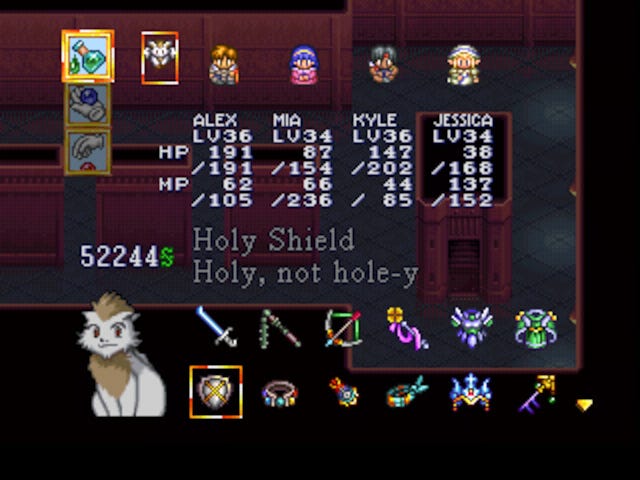
Oh good, I was worried for a moment there.
A Life-Changing Experience
It seems kind of hokey to say that Lunar influenced my path in life, but it frankly did just that. The game came into my household at just the right moment, as I was beginning to develop a world view of my own beyond the simplicity of early childhood. Up until then the games I had played were pretty straight-forward in their storytelling - if they even had stories - while Lunar pushed me to mature my understanding of right and wrong, as well as the notion of fighting for what you believe in. Luna's song early in the game, Wind's Nocturne, and her desire to hold onto hope in times of doubt and crisis stuck with me. Overall I believe the RPG had a direct impact on my personality, leading me to want to be on the side of what I considered "good" and generally becoming a responsible, trustworthy, goody-two-shoes kind of person. Not bad for a video game.
That being said, I also believe Lunar simultaneously had a negative impact on me, one that would fester for a longgg time before finally exploding in my face. In helping to shape my core beliefs, it (and other things) instilled in me the notion that if I did what was good and right, as often as I could, my "story" would have a happy ending. Full stop. I ended up developing what I would consider as "main character syndrome": a view that I was the lead character of a tale about me, destined to get what I wanted as long as I worked hard enough at it. Not to the fullest narcissistic extent as the 2023 version of that phrase, but still present at some level. If I got good grades, told the truth, did the right thing, etc. etc., I would make a bunch of friends, get the girl, and live happily ever after.
Thinking about it now, living as a stressed-out adult who doesn't have any of those, one could consider such a view as being laughable thoroughly naïve. Coming to understand that the world wasn't going to provide me a positive outcome simply because I wished it so is the very reason I collapsed under my own weight in college, experienced an existential crisis, and spent all of my 20s trying to pick up the pieces of my life. I'm sure the situation is infinitely more complex than to blame a video game as the root cause of my problems, but it certainly wasn't 100% innocent in that regard, either.
While my journey through existence has been rockier than I'd have like, I will stand by the notion that the game ultimately did more good than harm. I may experience a fair share of miserable moments, but at the end of the day I can hold my head high with the thought that I carried myself in life to the best of my ability, and that's gotta amount to something. Hopefully. So...yeah. Thank you, Lunar, for your contribution in developing the person I am today.
Conclusion
What were we talking about? Oh, right, a video game review. All-in-all, I consider Lunar a charming and uplifting RPG, even ignoring its more personal effect on me. With enjoyable combat, amusing characters, very good voice acting at a time when it wasn't a normal thing, and a fantastic soundtrack, Lunar: Silver Star Story Complete is truly an underappreciated gem. The sequel, Lunar 2: Eternal Blue Complete, would only improve upon these elements to make an even better game, despite not having as big of an emotional impact on my persona. Perhaps one day they'll both make their way to the modern age via Steam or some other service, and thus can finally be playable again for a new audience (without an emulator, at any rate).
Have you ever played the Lunar games? What did you think of them? Did you enjoy this Timely Review? Let me know in the comments below!
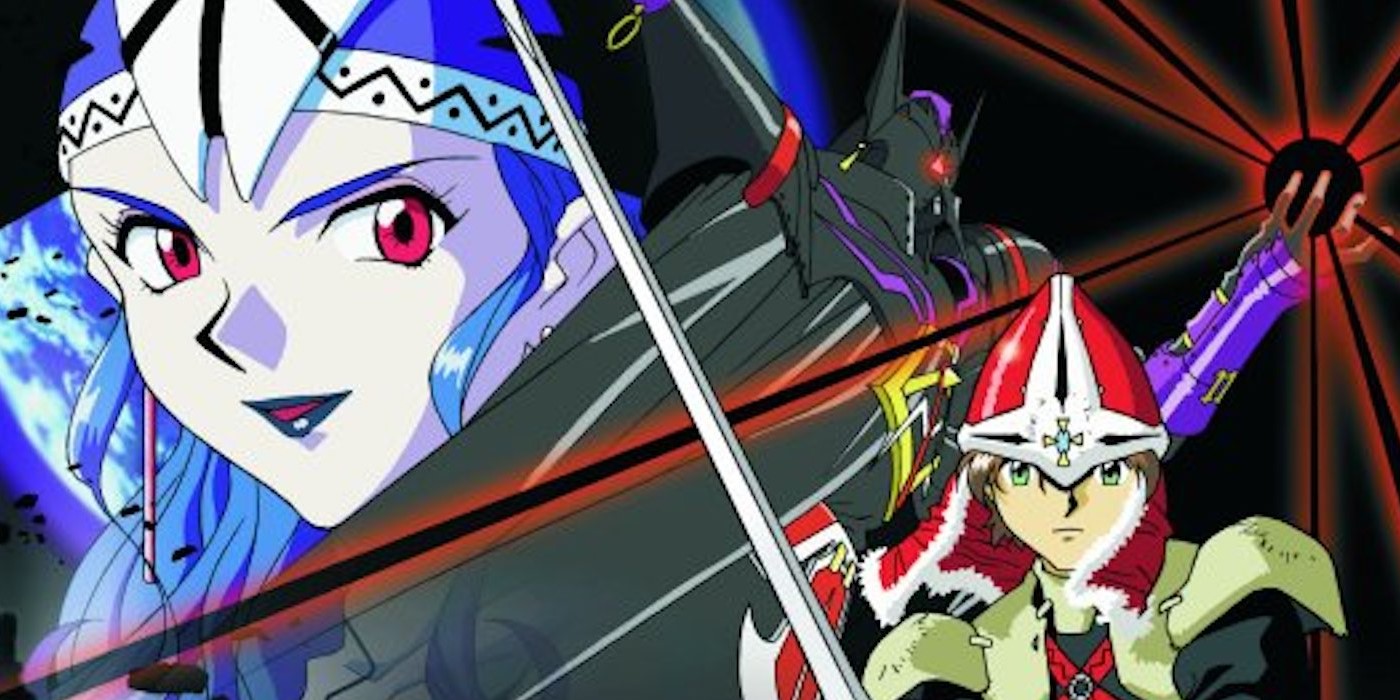
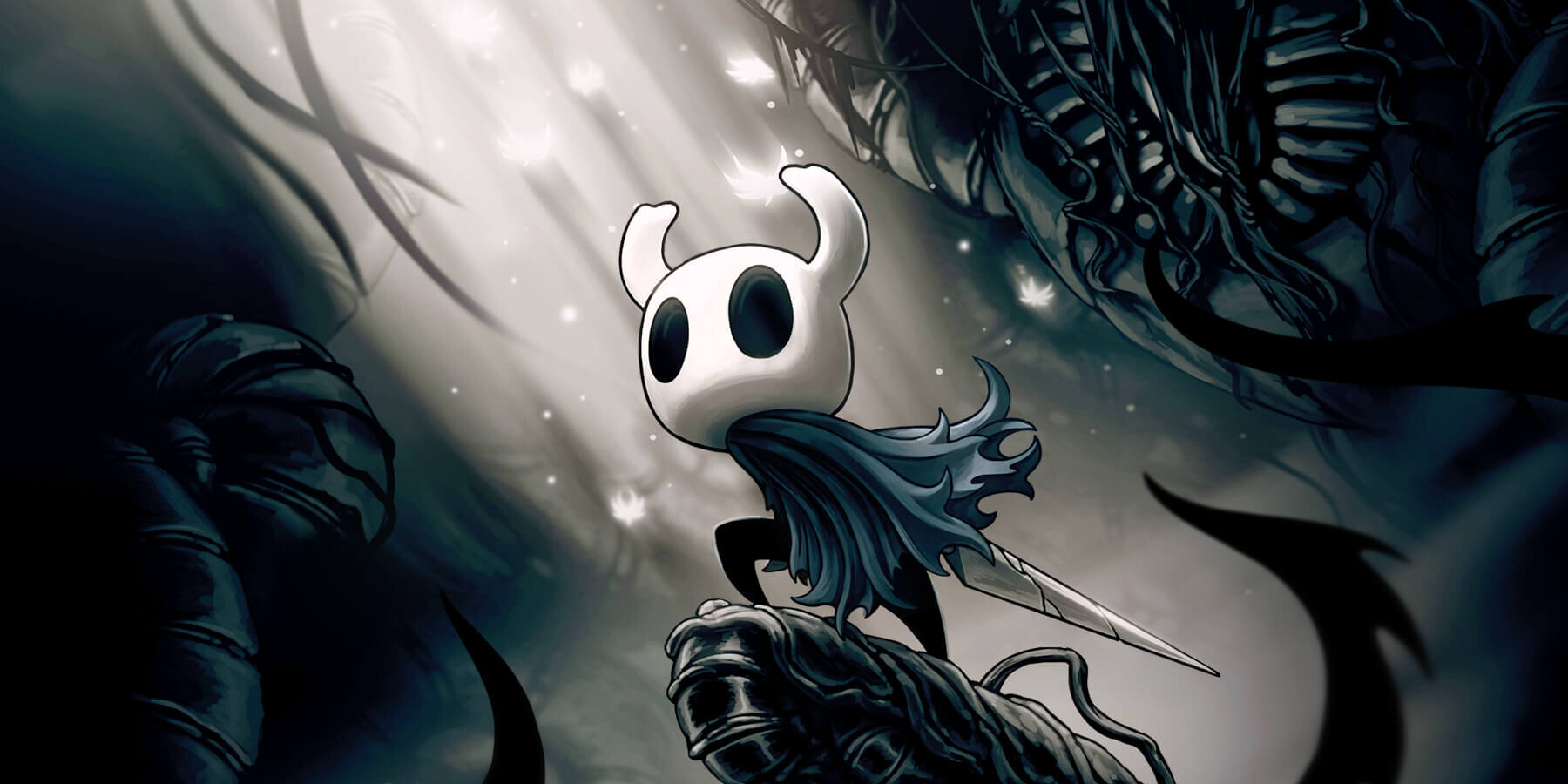
Comments
No Comments Yet. Be the first to create one down below!